GMet Showcases Ghana’s EW4All Progress at COP30 Side Event Hosted by Senegal
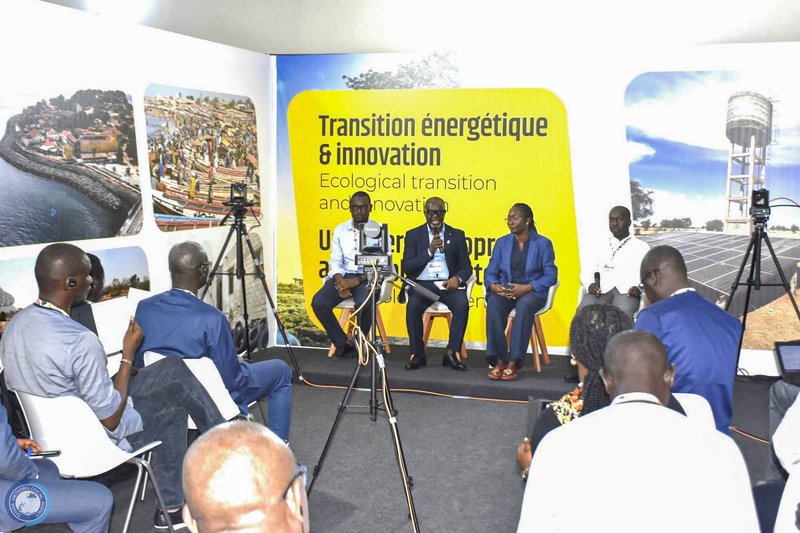
GMet Showcases Ghana’s EW4All Progress at COP30 Side Event Hosted by Senegal
Dr. Eric Asuman, Director-General of the Ghana Meteorological Agency has participated in a side event organized by Senegal at the COP30 Pavilion, where he shared Ghana’s experience and lessons in implementing the Early Warnings for All (EW4All) initiative. Dr. Asuman highlighted the collaborative efforts behind Ghana’s progress and underscored the institutional and financial reforms needed to strengthen National Meteorological and Hydrological Services (NMHSs) across the region.
The session brought together meteorological services from Senegal, Ivory Coast and Ghana to exchange perspectives on building coordinated and effective early warning systems that can better protect communities from increasing climate-related risks.
Collaboration at the Heart of Ghana’s EW4All Implementation
Dr. Asuman explained that Ghana’s work under EW4All is grounded in strong collaboration among national institutions and stakeholders across the four pillars of the initiative. He noted that effective early warning requires coordination from data generation all the way to the final users who must act on the information.
Advocating for Autonomous NMHSs
A central point of Dr. Asuman’s remarks was his call for National Meteorological and Hydrological Services (NMHSs) to be granted institutional autonomy. He explained that autonomy is key for NMHSs to develop financial independence, expand revenue-generating services, and reinvest in essential forecasting and climate information systems.
Five Priority Areas to Strengthen NMHSs
Drawing from Ghana’s experience, Dr. Asuman outlined five areas that need focused attention to build effective national early warning systems:
1. Increasing Observation Networks
He highlighted the need to deploy more meteorological and hydrological stations to improve data coverage and forecast quality.
2. Building Technical and Institutional Capacity
Continuous training is vital to transform data into timely, actionable information.
3. Securing Sustainable and Predictable Funding
Dr. Asuman reiterated that stable financing remains a persistent challenge and that financial autonomy can help national agencies innovate and plan long-term.
4. Strengthening Legislation and Governance
Updated legal frameworks can clarify mandates, reinforce coordination, and provide a solid foundation for NMHS operations.
5. Mainstreaming Climate Information Across All Sectors
He stressed that early warnings must influence real-world decisions in agriculture, disaster risk management, transport, energy, and local development planning.
Shared Regional Priorities
Moderated by Dr. Aïda Diongue Niang of ANACIM, the session also featured contributions from His Excellency Jean-Louis Moulot of Ivory Coast’s SODEXAM and representatives of Senegal’s meteorological services. Speakers reiterated the shared need for stronger cooperation, improved institutional capacity, and enhanced forecasting systems to address the increasing complexity of climate and weather extremes in West Africa.
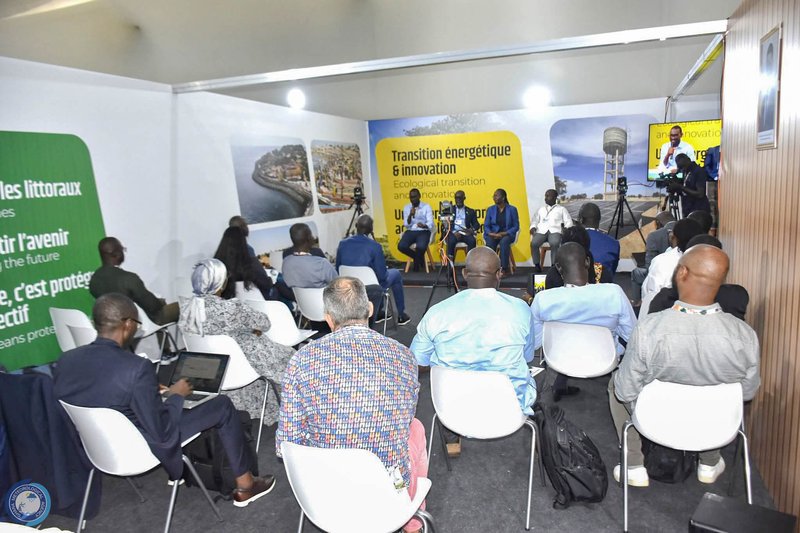
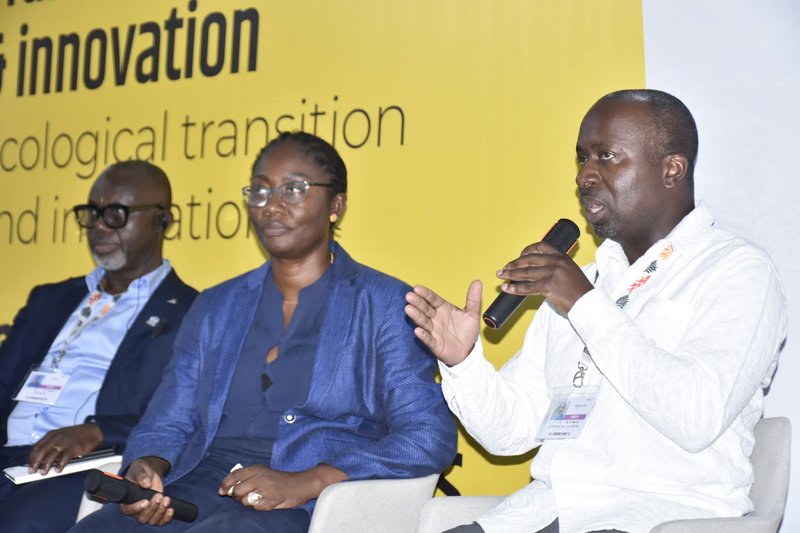
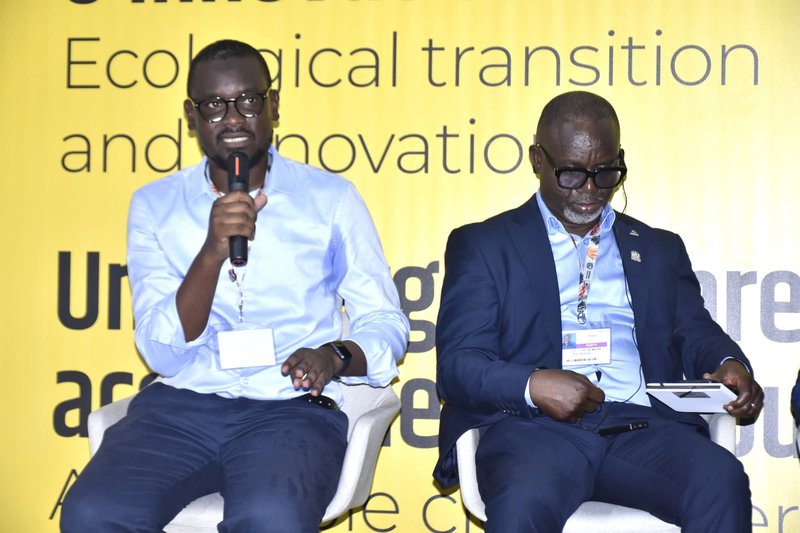
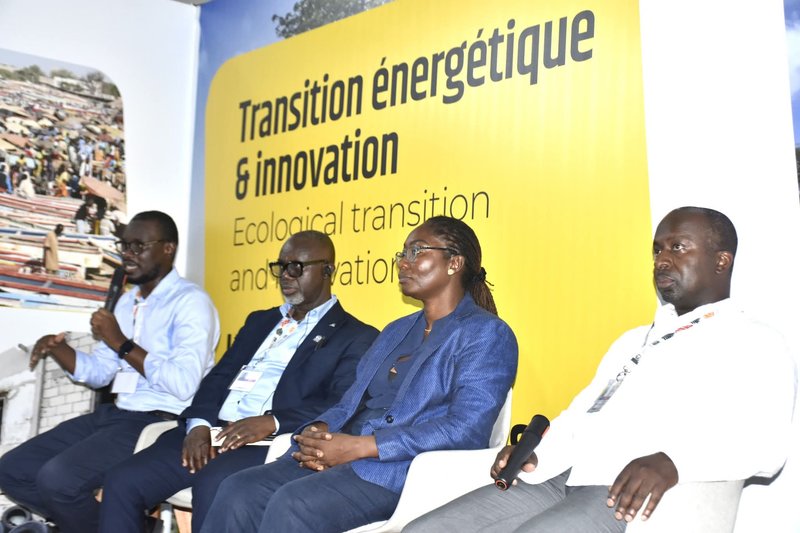
©️GMet Communications

